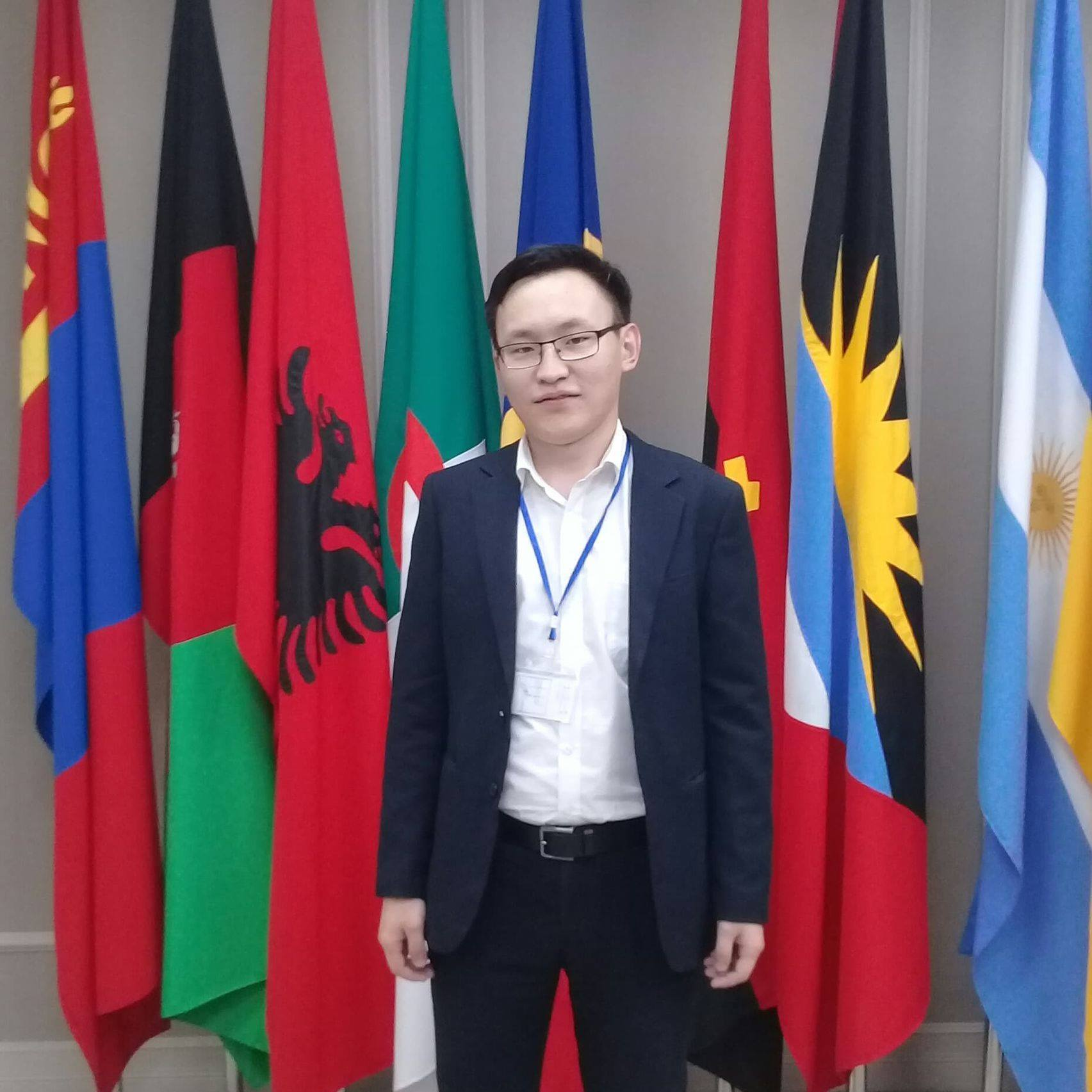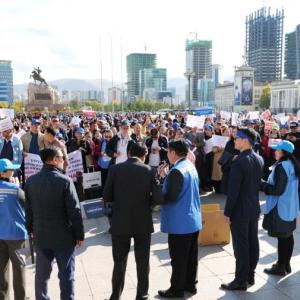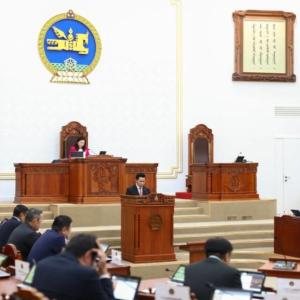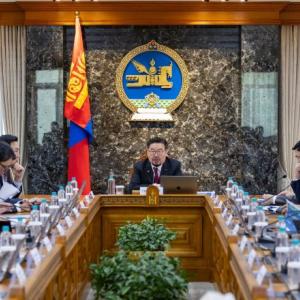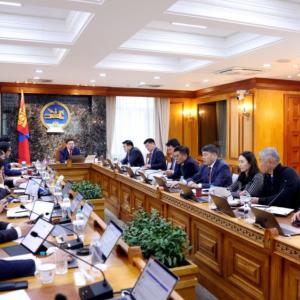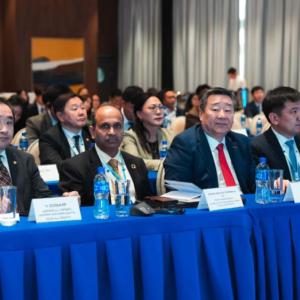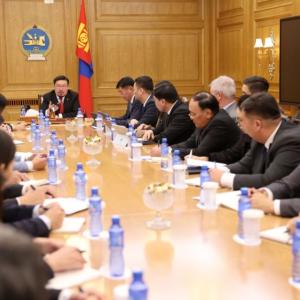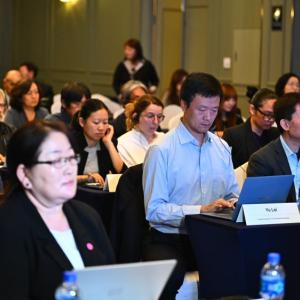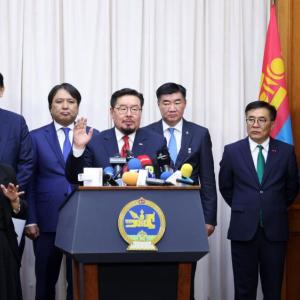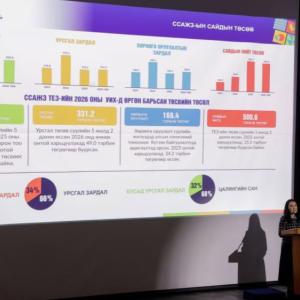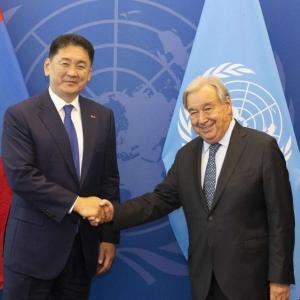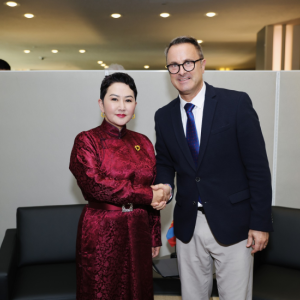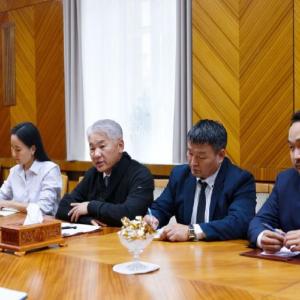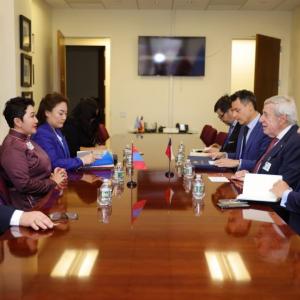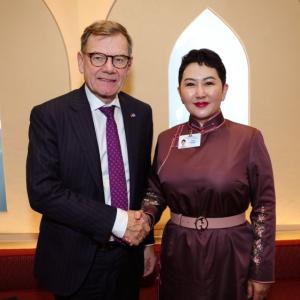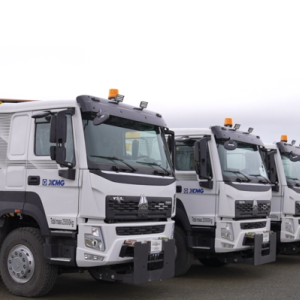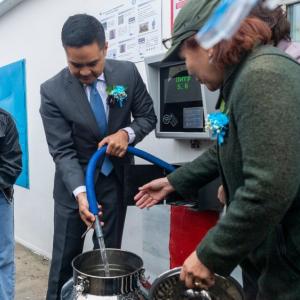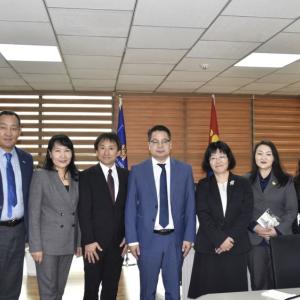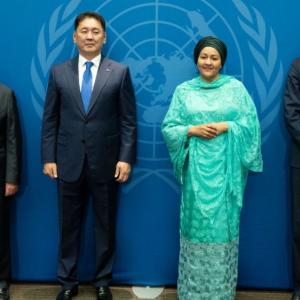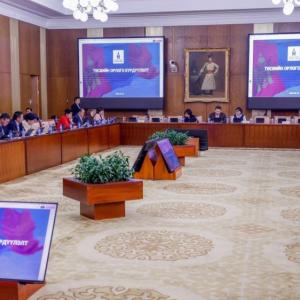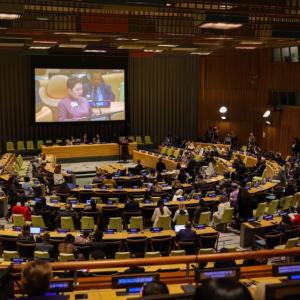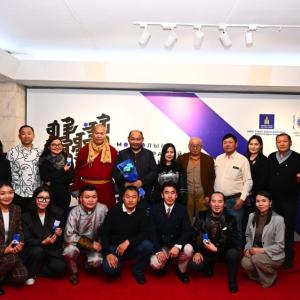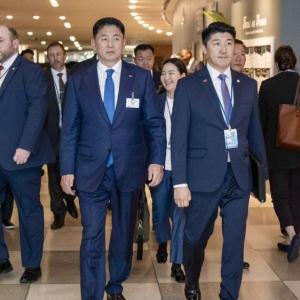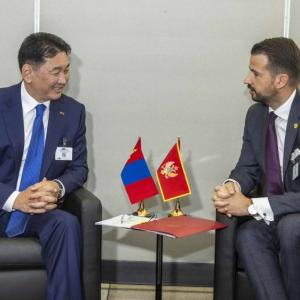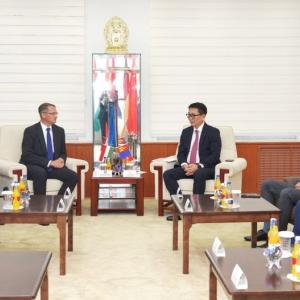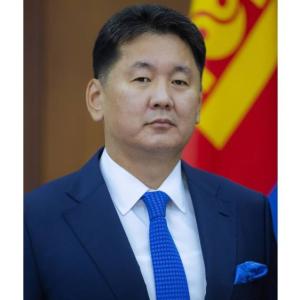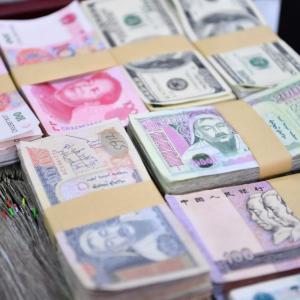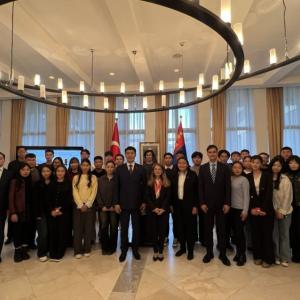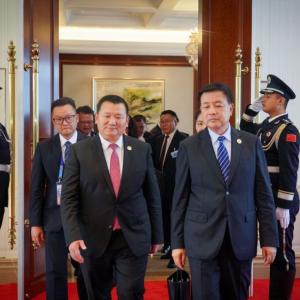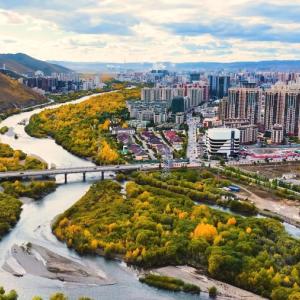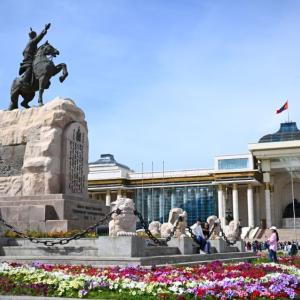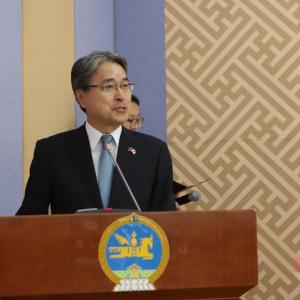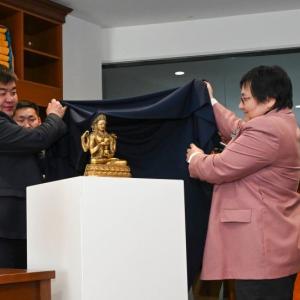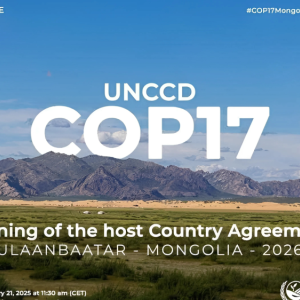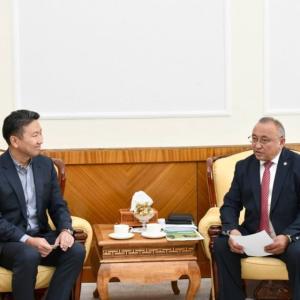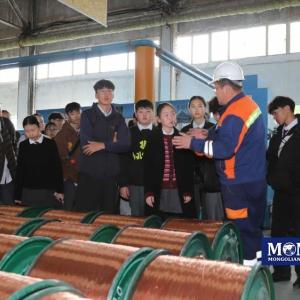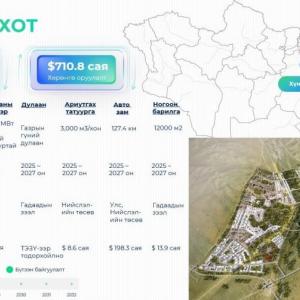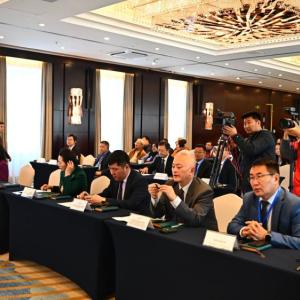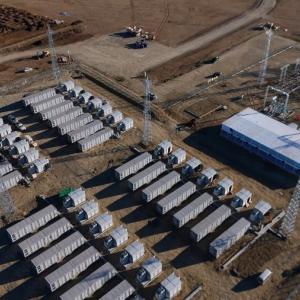Ulemj Damiran: Countries are Focusing on Energy System Security
Politics
Ulaanbaatar, June 6, 2025 /MONTSAME/. The 10th “Ulaanbaatar Dialogue” International Conference on Northeast Asian Security is underway. On the second day, discussions focused on “Energy Resilience in Northeast Asia and Climate Change.”
Jointly organized by the Ministry of Foreign Affairs of Mongolia and the Institute of Strategic Studies under the National Security Council of Mongolia, this year’s “Ulaanbaatar Dialogue” is hosting five thematic sessions, including “Security Challenges and Opportunities in Northeast Asia,” “Multilateral Cooperation in Northeast Asia,” “Climate Change and Security Challenges in Northeast Asia,” “Regional Cooperation between Northeast and Central Asia,” and “Energy Resilience in Northeast Asia and Climate Change.”
Energy is the driving force of economic growth and development, and an essential need for modern society. However, climate change is creating new and multifaceted challenges for the energy sector. Northeast Asia is one of the regions most vulnerable to climate change, and in recent years, the frequency of natural disasters such as torrential rains, strong winds, and storms has grown, adversely affecting energy infrastructure. Establishing resilience at all levels of the energy supply chain to withstand these impacts is crucial. During this session, participants are discussing opportunities and the importance of enhancing climate resilience and seeking ways to build a robust energy future for the region.
Deputy Director of the School of Energy of the Mongolian University of Science and Technology Ulemj Damiran stated, “Due to recent geopolitical shifts, regional energy issues are becoming serious. In this context, countries around the world agree on the importance of ensuring energy security and improving the resilience of their energy infrastructure. As for Mongolia, energy system security and resilience are comparatively weak. There are many challenges, for instance, 96-98 percent of petroleum products and around 20 percent of electricity are supplied from abroad, and 91 percent of electricity generation relies on coal, among other issues. These factors, to some extent, affect our foreign policy. First of all, Mongolia needs to diversify its energy system, modernize the coal-dependent network, and reform the market model for wind, solar, and hydropower.”
More than 230 scholars, researchers, and delegates from over 40 countries, including Australia, the United Arab Emirates, the United States, the United Kingdom, Oman, Iceland, Canada, Estonia, and France, as well as countries from Northeast Asia, are participating in the “Ulaanbaatar Dialogue.”
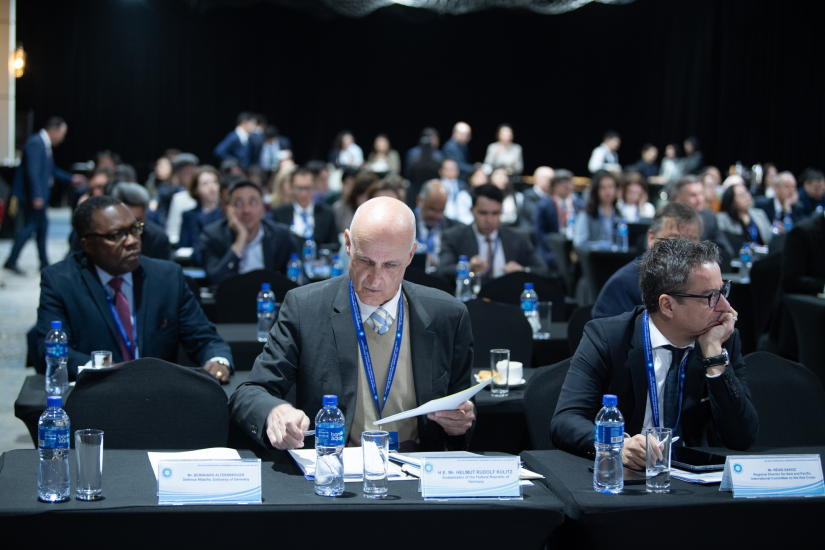
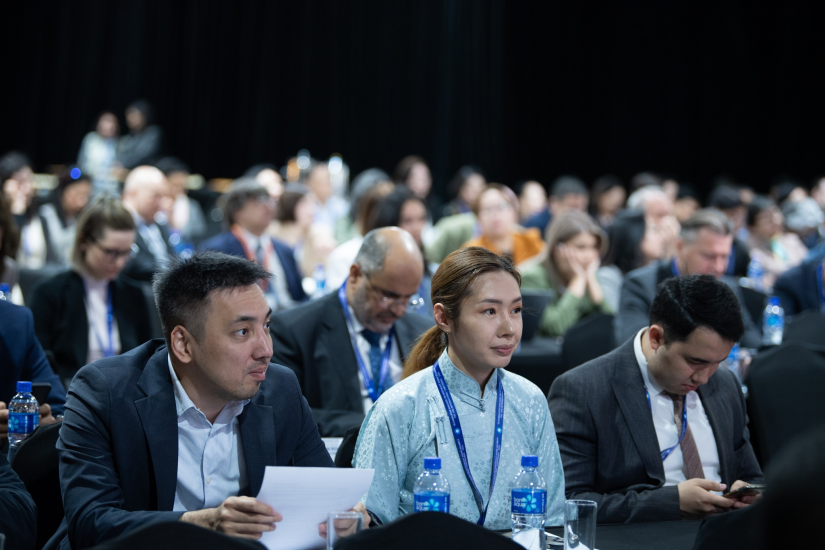
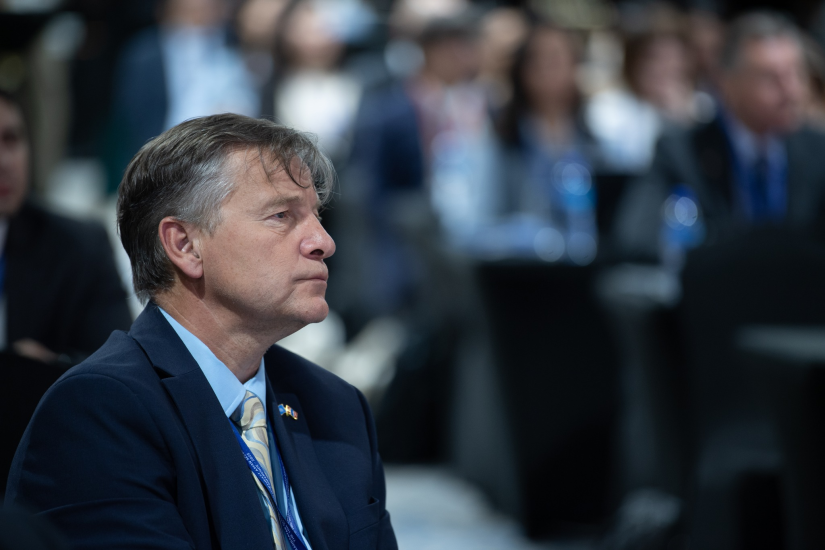

 Ulaanbaatar
Ulaanbaatar
